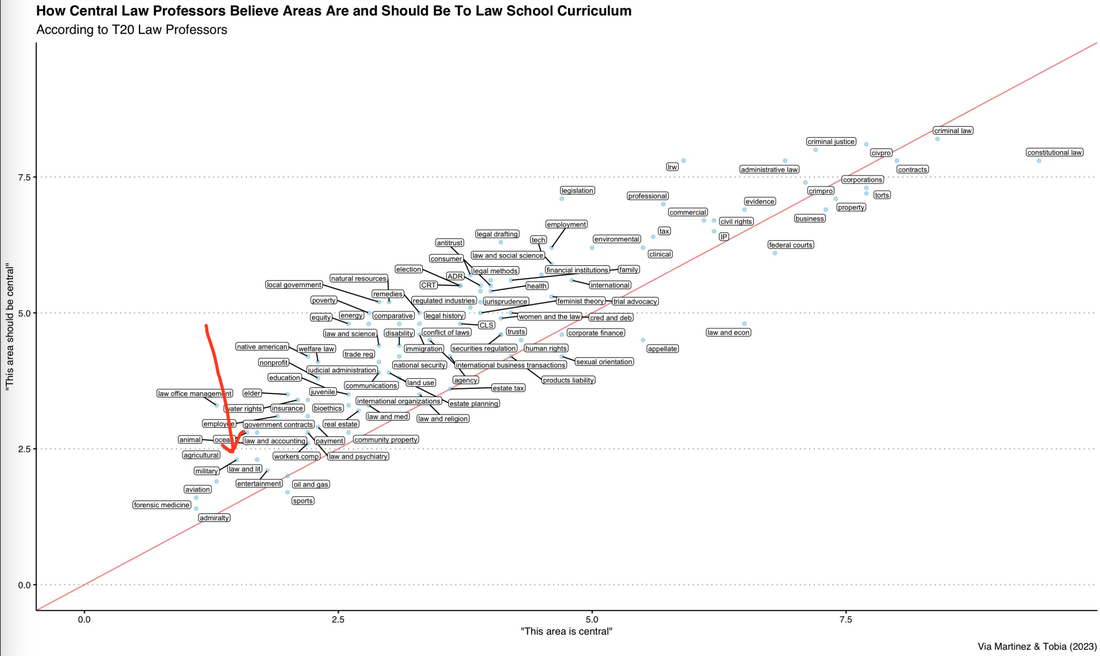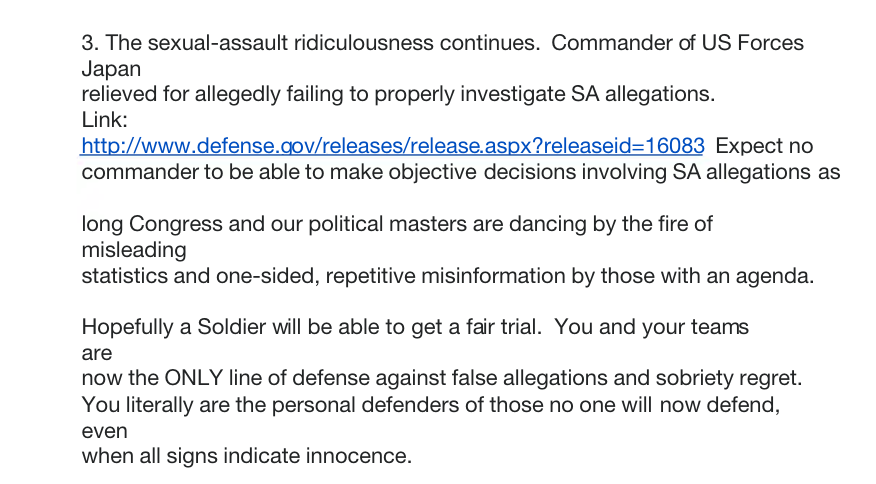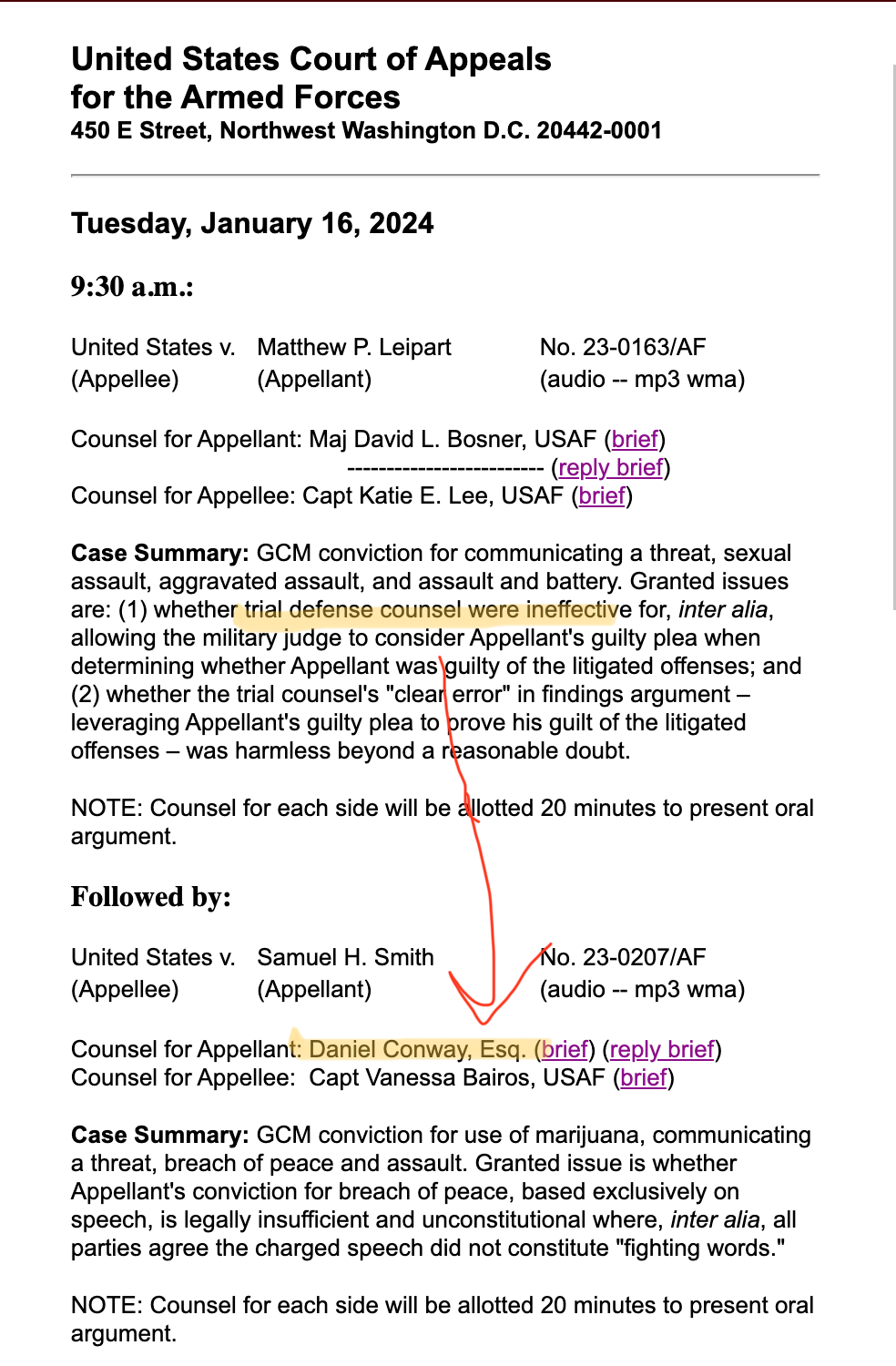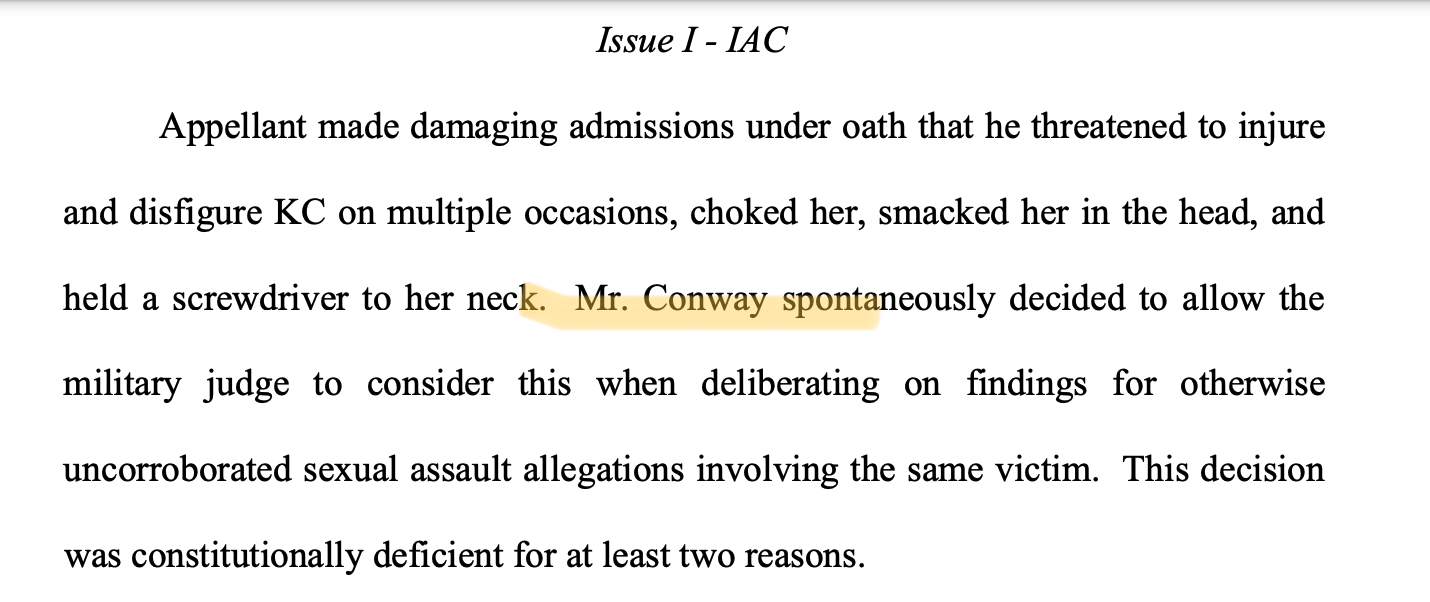Air ForceUnited States v. Gammage (Air Force). The "counter" for post-trial delay in docketing a case with AFCCA stops when first docketed. Remands to complete or correct the record do not count when considering relief and prejudice for post-trial delay in forwarding a record of trial. The court said, While we recognize that records of trial are remanded on occasion due to omissions or other defects, we decline to create a new requirement for cases that are docketed, remanded, and later re-docketed with this court. We find the original standards announced in Moreno, and its progeny, adequately protect “an appellant’s due process right to timely post-trial and appellate review.” Livak, 80 M.J. at 633. Most of the AF remands are to correct the administrative requirements of completing actions (incorrect EoJs, for example) others, but fewer are remanded to complete the record because of missing items. See, e.g., United States v. Goodwater, ACM 40304, 2023 CCA LEXIS 231 (A.F. Ct. Crim. App. May 31, 2023) (remand for missing documents (sentenced Apr. 22)); United States v. King, ACM 39927, 2023 CCA LEXIS 383 (A.F. Ct. Crim. App. Sept. 11, 2023) (remand because CA failed to approve sentence); United States v. Lake, ACM 40168, 2023 CCA LEXIS 423 (A.F. Ct. Crim. App. Oct. 5, 2023) (13 exhibits unviewable by Judge Annexstad and parties); United States v. Lampkins, ACM 40135, 2023 CCA LEXIS 465 (A.F. Ct. Crim. App. Nov. 2, 2023) (MJ ruling on suppression motion missing/sentence adjudged Nov. 2020); United States v. McCoy, ACM 40119, 2023 CCA LEXIS 476 (A.F. Ct. Crim. App. Nov. 9, 2023), in which Judge Ramírez wrote (with Annexstad and Gruen on the panel). This case is before us a second time as we earlier addressed issue (8). On 31 October 2022, this court returned the record of trial to the military judge pursuant to Rule for Courts-Martial (R.C.M.) 1112(d) as the disc containing the audio recording from Appellant's trial was missing. The issue has since been resolved. The case was re-docketed with this court with a corrected record. McCoy was sentenced in Apr. 2021, to two years confinement. Assuming only minimum good time credit, his MRD would have been Dec. 2022, and his FTD would have been Apr. this year. By not including the remand period, does that encourage or condone sloppy work in situations where it has already taken a long time to deliver the record? Perception suggests the AF has significantly more correction remands than the other services. It seems that the field and others are basically putting the CCA (and appellate counsel) in the role of checking their work, thus increasing the workload of the appellate judges, CCA court staff, and appellate counsel. The current AFI 52-203 seems to have what's needed for a checklist. Gamage was sentenced in May 2022. On 5 May 2023, the Appellant submitted his assignment of error brief in which he raised one issue: the record of the trial was incomplete in that it was missing all eight attachments to the stipulation of fact, which was admitted as a prosecution exhibit during his court-martial. On 5 June 2023, we remanded this case to the Chief Trial Judge, Air Force Trial Judiciary, to address the missing attachments to the Appellant’s stipulation of fact. The record was redocketed in June 2023. However, in August, Appellant submitted another assignment of error brief and again alleged that the record of trial was incomplete, in that it still was missing four of ten photographs that were part of Attachment 6 to the stipulation of fact. Appellant also raised one additional issue: whether the Government’s submission of an incomplete record of trial to this court subjected Appellant to unreasonable post-trial delay. Why is the court and its staff having to double check work from the field on a regular basis?
For Gammage the delay didn't matter because there were no errors that prejudiced the Appellant requiring relief. When people ask why appeals take time, Gammage is representative of one reason. The appellate defense shop is tasked to have every record read to determine if there are meritorous issues or Grostefon issues, or whether it can be submitted on its merits. Here, while the appellate defense counsel was dealing with the record, she was not able to work on another, perhaps more deserving case. So too, at least Judge Annexstad had to read the full record. True, he or one of the other panel members had to read it anyway. But, in dealing with the post-trial errors he was distracted from reviewing another case or writing an opinion in another case. If your answer is "so what, it likely only took a few minutes for him and the staff to get the order written, signed, and sent,"--I'm not sure you should say that to his face. Thus the long way round to recommending the court does initially count any remand time for post-trial processing purposes. The court could then still consider whether the extra time prejudiced the appellant. Or how about this. Whenever there is a "correction" remand, the court will automatically credit the appellant with 30 days off the confinement as a remedial and exemplary measure? Or perhaps, ignore the issue. Compare with Gammage, "Although not raised by Appellant, we note that the record of trial does not contain a copy of the recording of the preliminary hearing. R.C.M. 405(j)(5) requires the Government to ensure the preliminary hearing is recorded and R.C.M. 405(j)(2)(B) requires this recording be included as part of the preliminary hearing report. Additionally, if not offered as an exhibit, R.C.M. 1112(f)(1)(A) requires the preliminary hearing report be attached as part of the record for appellate review. Appellant has not claimed prejudice from this omission, and we find none. Moreover, despite this omission we were able to complete our Article 66(d), UCMJ, 10 U.S.C. § 866(d), review." United States v. Reynolds, No. ACM 40308, 2023 CCA LEXIS 407, at *2 n.4 (A.F. Ct. Crim. App. Sep. 28, 2023). See also, As noted above, the EOJ contains several errors that do not properly account for the disposition of all charges and specifications on the various charge sheets. Although we find no prejudice, Appellant is entitled to have court-martial records that correctly reflect the content of his proceeding. In accordance with R.C.M. 1111(c)(2), we modify the EOJ and direct that it be included in the record. United States v. Truss, No. 202200198, 2023 CCA LELXIS __ (N-M. Ct. Crim. App. Dec. 28, 2023). Or perhaps, remove the CA from post-trial, have the MJ issue a Judgment, require an accused to submit any brief in accordance with Article 38(c) within 30 days of being sentenced, and permit the MJ to hold a hearing on the 38(c) brief (this would allow the MJ to correct errors and address significant issues, and encourages compliance with defense counsel's obligations under Article 38(c)(1)) (As an aside, Article 38 is still good law, and nothing prevents the DC submitting a memorandum of errors). The MJ could also be tasked with the authorities under Article 60a (this would encourage uniformity in post-trial because the judiciary would have a better sense of results across the service, while at the same time allowing the MJ to consider special circumstances of individual. Provisions of Article 60b(a) could be rolled into the MJ's post-trial role. Article 60b(b) is already available to the military judge because of caselaw encouraging MJs to resolve issues earlier rather than later at a quasi-Dubay hearing. And see R.C.M. 1104(a). I'd be inclined to move R.C.M. 1108 to the judiciary. See, e.g., Fed. R. Crim. Pro. 33 (new trial), 35 (correcting errors and reduction in sentence for "substantial assistance"), 36 (correcting clerical errors). CAAF has given a Boxing Day gift as follows.
No. 24-0011/MC. U.S. v. Sean M. Swisher. CCA 202100311. On consideration of the petition for grant of review of the decision of the United States Navy-Marine Corps Court of Criminal Appeals, it is ordered that said petition is granted on the following issue: DID THE LOWER COURT ERR BY APPLYING THE WRONG LEGAL STANDARD TO ITS SENTENCE APPROPRIATENESS ANALYSIS? He makes good points, but his use of the ellipses here cuts out the most controversial part of the email.
"The email read in part, “hopefully a Soldier will be able to get a fair trial. You and your teams are now the ONLY line of defense against false allegations… [y]ou literally are the personal defenders of those who no one will now defend, even when all signs indicate innocence.”" What was omitted? The reference to "sobriety regret" as well as the potshot at Congress. Maybe these would change nothing for Newton, but he does everyone no favors by hiding the ball. "Utah's Supreme Court has found that criminal suspects have the constitutional right not to provide their phone's password to the police because it would violate their Fifth Amendment privilege. The ruling joins other opinions on the subject from state Supreme Courts, some of it conflicting. The Supreme Court has not considered this particular scenario to date and could well take up this case." Erika Morphy, Utah Supreme Court says suspects can refuse to hand over phone passwords to the police. Techspot, 16 December 2023. Utah v. Valdez |
Disclaimer: Posts are the authors' personal opinions and do not reflect the position of any organization or government agency.
Co-editors:
Phil Cave Brenner Fissell Links
SCOTUS CAAF -Daily Journal -2024 Ops ACCA AFCCA CGCCA NMCCA JRAP JRTP UCMJ Amendments to UCMJ Since 1950 (2024 ed.) Amendments to RCM Since 1984 (2024 ed.) Amendments to MRE Since 1984 (2024 ed.) MCM 2024 MCM 2023 MCM 2019 MCM 2016 MCM 2012 MCM 1995 UMCJ History Global Reform Army Lawyer JAG Reporter Army Crim. L. Deskbook J. App. Prac. & Pro. CAAFlog 1.0 CAAFlog 2.0 Archives
July 2024
Categories
All
|






 RSS Feed
RSS Feed